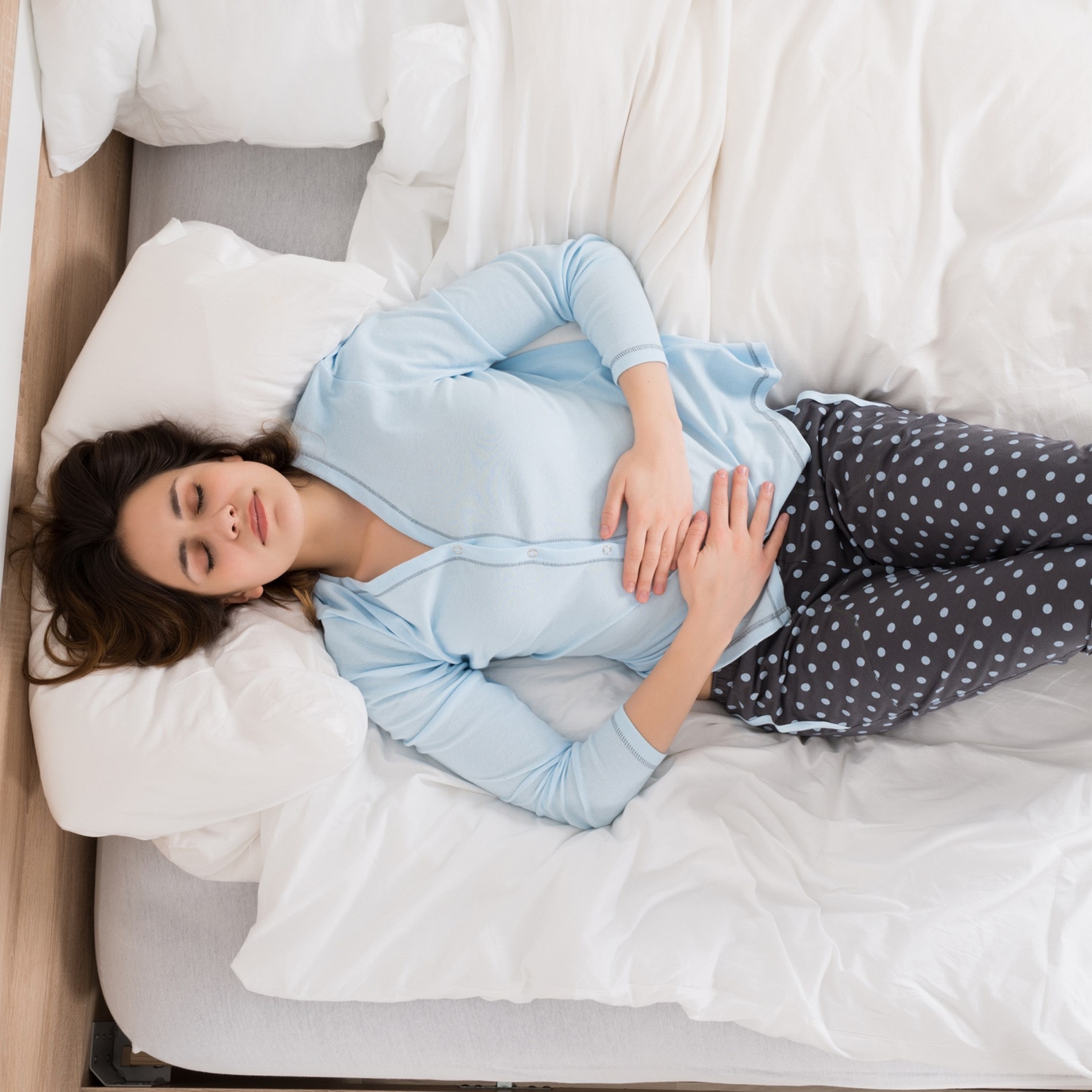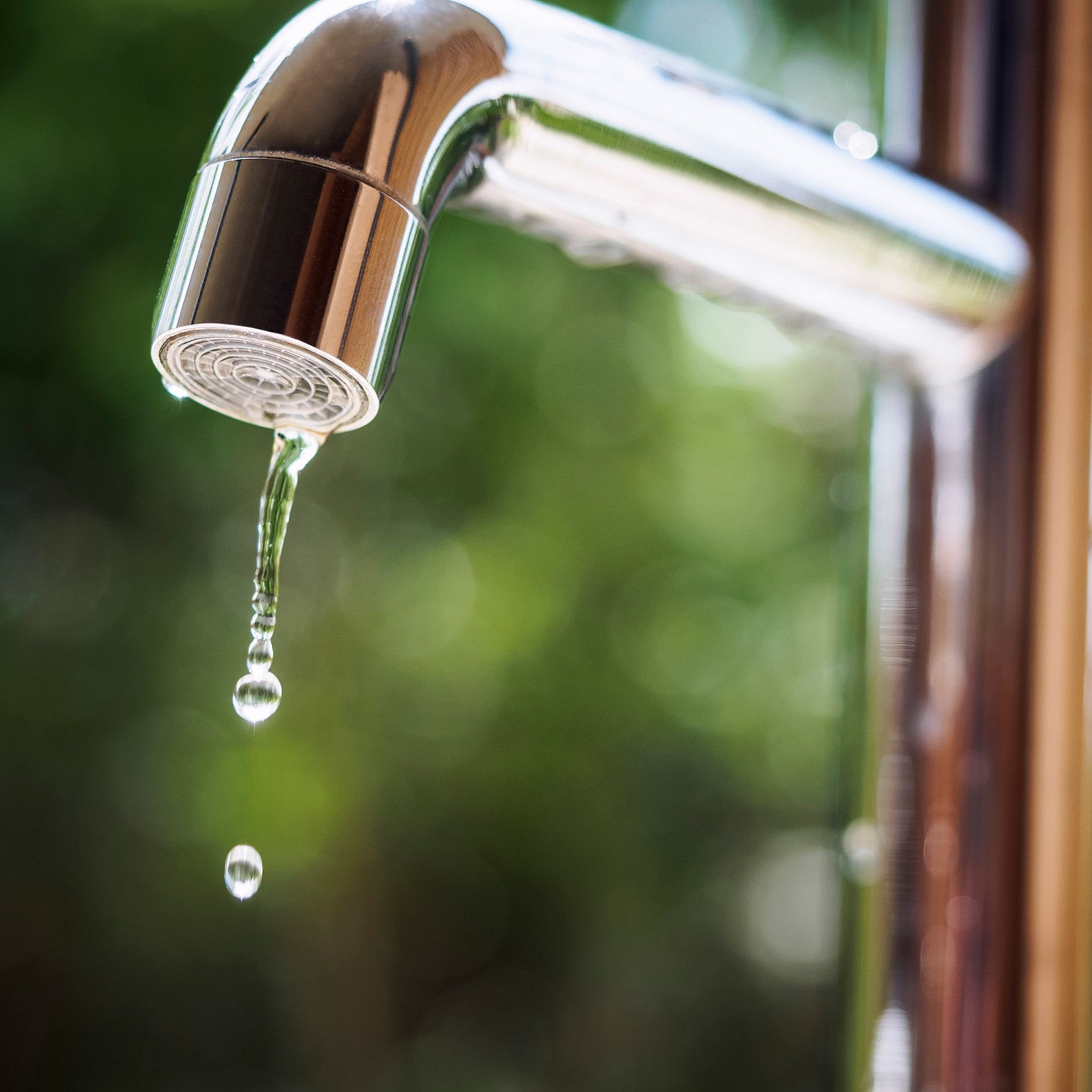Ease constipation during your period
That time of the month always seems to come back around all too soon, and if you suffer from premenstrual syndrome (PMS), including constipation, it can literally be a real pain in the backside!
The few days leading up to your period is usually when you suffer with one or several PMS symptoms such as abdominal pain or cramps, diarrhoea, bloating, headaches, increased appetite or weight gain from fluid retention, as well as constipation. If you suffer from bloating in particular, you may find the following article on our sister site, the Probiotics Learning Lab, useful: Bloating - All You Need to Know.

What causes constipation around this time?
Our menstrual cycle is quite complicated, but it essentially involves two key hormones: oestrogen and progesterone. Just before the onset of menstruation, the body has a surge of progesterone that falls away once you start to bleed. It is this hormone progesterone that can affect your digestive system by delaying the transit time of food through the intestines and can lead to constipation before your period. Usually though, you should find this eases with the start of menstruation. It may be the only time you experience this symptom, but either way there are things you can do to help prevent or relieve it.
Ways to help relieve constipation during your period
Beans and peas
These pulses are high in fibre, which can help reduce constipation by adding more bulk and increasing the water content of the stools, which together allows a much more effective transit through, and elimination from, the body.
Buying them in tins is a really efficient way to keep a steady supply of beans on hand as they can be cooked in minutes and added to things like salads and rice dishes. Mix it up too and try different varieties such as butter, cannellini, kidney, lima and black beans. Rinsing beans thoroughly before you cook them or add them to dishes can help prevent gas and bloating caused by certain starches present in beans.
Limiting salt and refined sugars
If you have a diet that is high in processed foods (e.g. prepared/ready meals, burgers, ham/bacon/salami, take-aways, etc.) you need to limit these as much as possible around the time of your period (and ideally altogether), as they contain high levels of refined sugar and salt which can have quite a dramatic effect on your hormones and your digestion. Try not to add salt and sugar to your food and drinks as well as it is very easy for these to start adding up.
Water
It really is important to ensure you stay hydrated – especially during hot weather. Drinking enough water will ensure that your body functions and performs at its optimum, including your digestive system, which needs water to break down food effectively and move it through the intestines, forming it into stools, for easy elimination.
Drinking more water helps to reduce fluid retention during your period too, even if it seems counter-productive. If you are dehydrated, your body retains water as a kind of self-protection, as it doesn’t know where the next glass is coming from.
The best way to drink enough water is to carry a bottle with you at all times – if it’s with you, you’ll be constantly reminded to drink it, unlike a glass hidden in a cupboard...out of sight, out of mind! Reusable bottles are good for the environment, too.
Exercise
Everybody knows about the importance of exercise, around your period it’s just as important. In fact, it's better if you can exercise more than normal around this time. Exercising improves blood and oxygen circulation throughout the body, including the pelvis and intestines, which will help relieve any premenstrual symptoms as well as constipation, by keeping things moving.
Whatever exercise you are doing already, try to increase each session by another 10-15 minutes, or get off the bus three a few stops early!
In addition to the ideas above, you might also want to consider taking a probiotic & prebiotic supplement, which naturally encourages bowel movements. Do some research to find one that is well-studied and will specifically help to target symptoms related to constipation.
You might be interested in the following articles:
Popular Articles
View all Digestive Health articles-
Digestive Health22 Feb 2024

